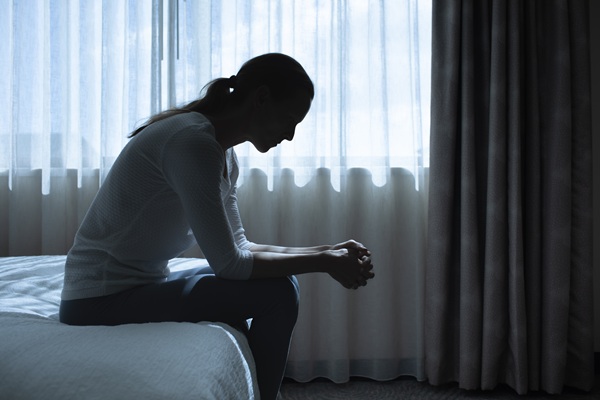Does Nasal Ketamine Treatment Have Side Effects?

Knowing about other applications of ketamine as an anesthetic and recreational drug, it is normal to be concerned about the side effects of nasal ketamine treatment. Unlike all of the general uses, ketamine for mental health disorder and pain management is administered in minimal doses. However, like any other drug, nasal ketamine treatment too, has its side-effects, though mild. This article talks about some of those common side effects.
Common side effects of nasal ketamine therapy
When ketamine is administered nasally under the supervision of a medical professional, patients can expect to slide into a state of deep relaxation. Physically, they will feel sedated but conscious. After the treatment, some patients may feel exhausted, so it is advisable to arrange transport back home.
Some patients may experience dizziness and nausea, especially those who usually respond to drugs this way. The doctor may administer anti-nausea drugs before and during the treatment to ease these side effects.
People dealing with chronic pain or post-traumatic stress disorder may be familiar with dissociation. Such patients should talk to their doctor about the chances of dissociation and how it makes them feel powerless over their bodies. On the plus side, dissociation diminishes the feeling of fear and anxiety so that the patient can observe the situation objectively. It is better to feel at ease and get rid of the fear.
That is not all
If the doctor has recommended nasal ketamine treatment, it is because they have determined that the benefits far outweigh the risk of side effects. Most people who undergo nasal ketamine treatment get away without any serious side effects.
Other common side effects include feeling drunk, dizziness, lower sense of touch (numbness), lethargy, vomiting and vertigo. These side effects usually last for only a few days. If any of the symptoms persist or worsen, patients must contact their doctor immediately. The same applies if they notice serious side effects such as chest pain, breath shortage, vision changes, seizures, sudden severe headaches, loss of consciousness, burning sensation or pain when urinating and frequent urination, especially at night.
The nasal ketamine treatment may increase blood pressure levels and may persist for at least four hours after the treatment. The doctor will record the patient’s blood pressure level before and after administering the drug.
Serious allergic reactions to nasal ketamine treatment are rare. However, patients must seek medical assistance immediately if they notice any sign of allergic reactions such as itching or swelling around the nose, face or tongue, breathing difficulty or severe dizziness.
For those with anxiety disorders
Nasal ketamine treatment does not cause fear, but patients with an anxiety disorder may feel fearful if they allow fear ahead of treatment. There is no reason to be afraid of treatment. The treatment environment is safe and patients must remind themselves that the true results of nasal ketamine therapy only come after treatment.
In conclusion
Nasal ketamine treatment can result in severe or mild side effects, but the side effects are usually for a short while. To learn more about the potential side effects of treatment and how to deal with them, book an appointment with your doctor.
Get more information here: https://futurepsychsolutions.com or call Future Psych Solutions at (803) 335-5232
Check out what others are saying about our services on Yelp: Read our Yelp reviews.
Related Posts
Post-traumatic stress disorder PTSD treatment continues to evolve, especially for individuals who do not find enough relief with traditional talk therapy or standard medications alone. PTSD affects the brain's stress circuits, mood regulation, and sleep, which can make daily life feel overwhelming. Modern interventional psychiatry focuses on advanced therapies that help the brain reset and…
Depression can be difficult to manage, particularly for those who do not respond to traditional antidepressants and other methods. In these cases, spravato for depression offers a new and effective psychiatric treatment option. This FDA-approved medication, also known as esketamine, is administered as a nasal spray under medical supervision. It has shown remarkable results for…
Treatment-resistant depression can leave patients feeling stuck, even after exploring different medications and approaches to therapy. The good news is that TMS therapy, or transcranial magnetic stimulation, offers a new way forward. This innovative and noninvasive psychiatric treatment aims to restore healthy communication between brain regions responsible for mood, emotion, and focus, providing a path…
Ketamine therapy is an effective treatment method for treatment-resistant mental conditions, such as depression, anxiety disorders, and post-traumatic stress disorder (PTSD). However, common misconceptions may prevent individuals from choosing this treatment and obtaining the relief they need. Our team is here to dispel the three most common myths surrounding ketamine therapy so you can make an…


